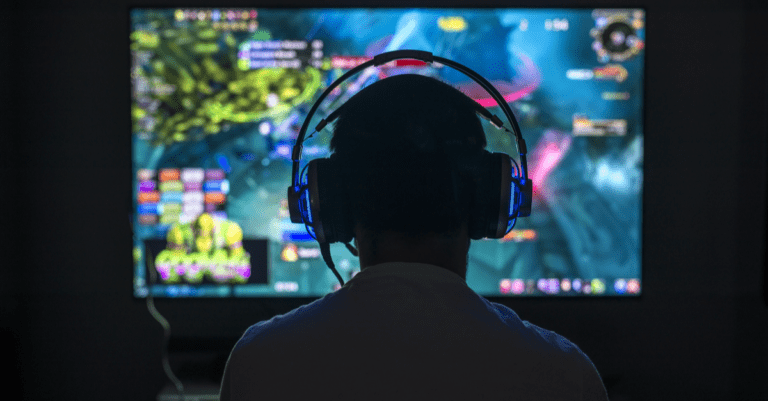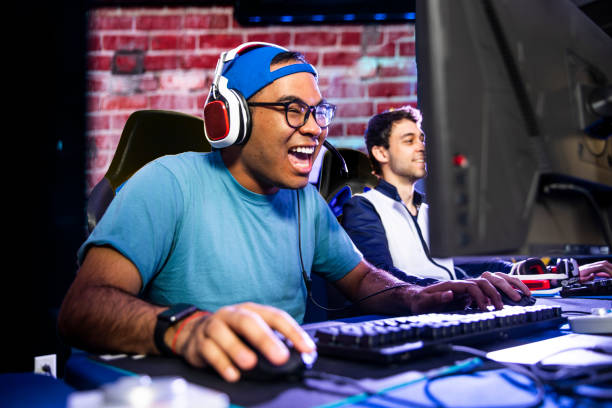You’re about to clear a level or level up but you just don’t have what it takes. The game gives you a message enticing you to buy all these special power-ups. You’re so incredibly tempted. Companies take advantage of this.
With 665 million players, China is one of the most lucrative gaming markets in the world. Chinese gamers spent over 278 billion yuan on video games in 2020.
A father is $20,000 in debt because of his gamer daughter, a male gamer spent $11,000 for a girl to play “League of Legends” with him and one gamer even spent $1.3 million dollars on his avatar!
Why are Chinese gamers spending so much?
Biologically, gaming stimulates dopamine and serotonin. Dopamine motivates and excites you. Serotonin makes your brain associate gaming with happiness. Although gaming can improve cognitive skills like memory and reasoning, it can be addictive and destructive.
In China, many young people deal with immense stress and pressure. This can be from school to pass the gaokao, the extremely competitive job market or parents nagging children to get married. Gaming can help them escape real life and relax.
Gaming can be incredibly rewarding and give the player a sense of achievement. If the player spends a couple of hours playing a game, they can level up and accumulate wealth.
The rewards are instant and somewhat more tangible. Alternatively, you can spend years studying or working for a company and still feel like you did not accomplish much.
Spending money on power-ups or in-game currency may seem like a waste of money to outsiders, but for these players, gaming makes them happy. They are spending money on something they enjoy that helps them deal with daily stress. It gives them a sense of achievement that makes it worth it.
However, one cannot ignore the negative effects of gaming on mental health. For example, some players may develop Internet Gaming Disorder (IGD). IGD is a persistent and recurrent involvement with video games that impairs daily life.
One study found that adults in Macao with IGD were more vulnerable to psychological distress like depression and anxiety. They also have lower psychological resilience. This can affect adults’ performance in school or at work and how they interact with others.
IGD is a serious social issue. Simply limiting gaming time is like putting a band-aid on a deep wound. Limiting playing time does not alleviate all the stress children and adults face. It’s possible that players might exhibit withdrawal symptoms and cause conflict.
Instead of focusing on gaming, the government should consider providing mental health resources. A better solution would be to promote mental health and attempt to alleviate some of the societal stress its civilians face.
[zombify_post]




0 Comments